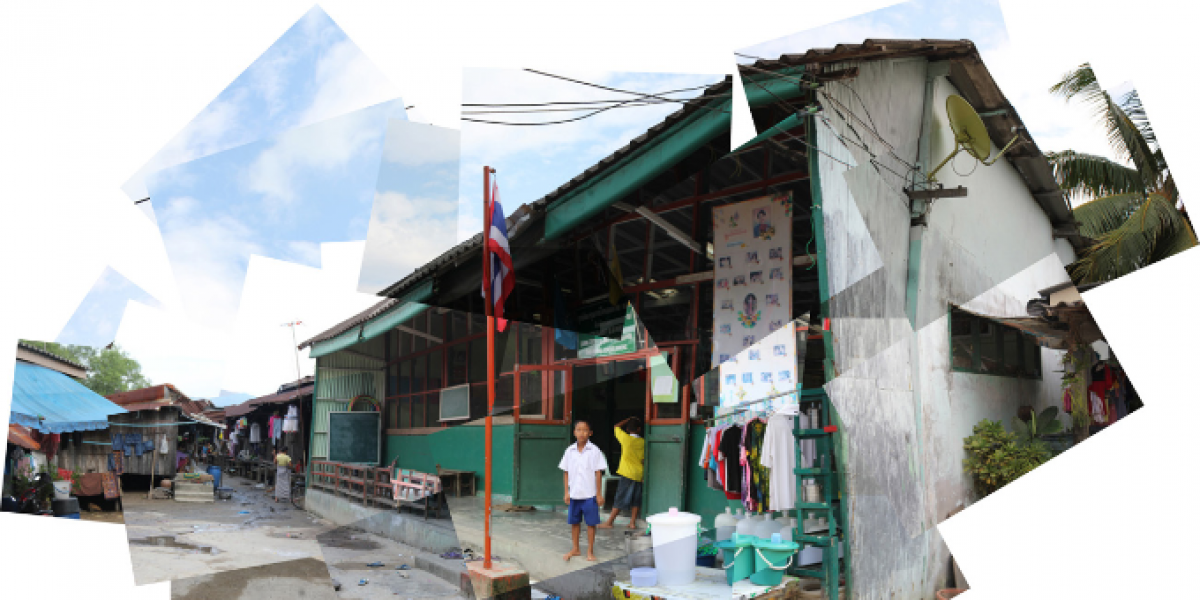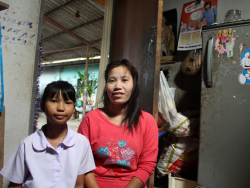Thailand: When school interferes with family income
05 April 2011|Molly Mullen, regional assistant communications officer


Ranong, 6 April, 2011 – Ranong is a small coastal town. Population 25,000, most people earn their income from the sea — working in hotels for tourists stopping off before heading to an island or into Burma; working on fishing boats for weeks at a time to haul in squid, prawns and fish; working in fish processing factories to prepare the meat for distribution all over Thailand; or working in local shops and stands selling the fresh fish.
While these are all Thai-owned businesses, the economy here sustains itself on Burmese workers who either migrate permanently for work in factories, or seasonally to work on fishing boats.
JRS has been dedicated to providing education to the children of these economic migrants, but it has been an uphill battle since establishing six learning centres in 2000.
While JRS wishes to provide education for all young people, it must look at a bigger picture. Young people are pressured to work starting at age 10 to contribute to the family financially. Many uneducated parents may not see the value in having their children finish secondary or even primary education when their work options are limited to factory, fishing or sales work.
Students only receive an education certificate if they go to Thai schools, but many Burmese families — although legally allowed — are financially restricted from formal education. Besides, many parents would rather keep their children in JRS learning centres, where they learn Burmese language and culture along with Thai. But without a certificate their education means little more than the knowledge they possess and they are resigned to a life of factory and fishing work.


